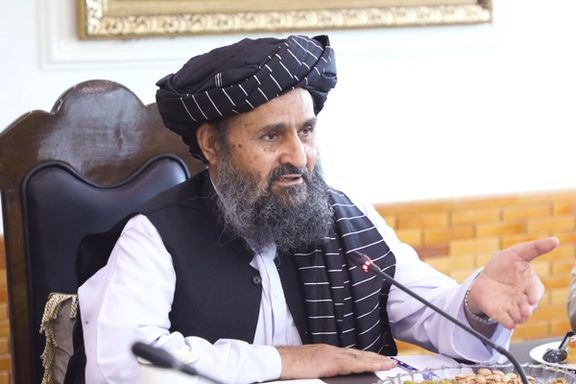Speaking before the UN General Assembly on Wednesday, Bennett said that since seizing power, the Taliban have suspended the Afghan constitution and repealed all laws that previously protected the rights of women and girls. He noted that all judges from the former government, including 270 women, have been removed from their positions.
In their place, he added, the Taliban have appointed men with no legal training or judicial experience, who issue rulings based solely on the group’s strict interpretation of religion. The Taliban now exercise full control over law enforcement and all investigative bodies.
Bennett’s latest report, focused on access to justice and the protection of women and girls, is based on online interviews with more than 110 Afghans both inside and outside the country. He said the Taliban did not respond to requests for comment or provide information regarding efforts to uphold justice or protect women’s rights.
Although the Taliban claim to enforce justice based on “Islamic Sharia,” religious scholars and legal experts argue that their interpretation is not recognised in any other Muslim country and is incompatible with core Islamic principles.
The report states: “Today, there are no women judges or prosecutors and no officially registered female lawyers, leaving women and girls with fewer safe channels to report abuse or seek redress.”
Bennett also highlighted the Taliban’s policy requiring women to be accompanied by a male guardian when accessing institutions. He said this rule creates significant obstacles to filing complaints or appearing in court, particularly for widows, female heads of households, displaced women, and those with disabilities.
Women who do engage with the Taliban’s justice system, whether to file legal complaints, seek family documents, or respond to charges, often face hostility, and their cases are frequently dismissed, the report said.
As a result, many Afghan women are turning to traditional and informal justice systems such as jirgas (tribal councils), community elders, or local religious figures. These systems, however, are overwhelmingly male-dominated and often perpetuate gender bias.
Bennett urged the international community to support efforts to refer Afghanistan to the International Court of Justice for violations of the Convention on the Elimination of All Forms of Discrimination Against Women (CEDAW).






